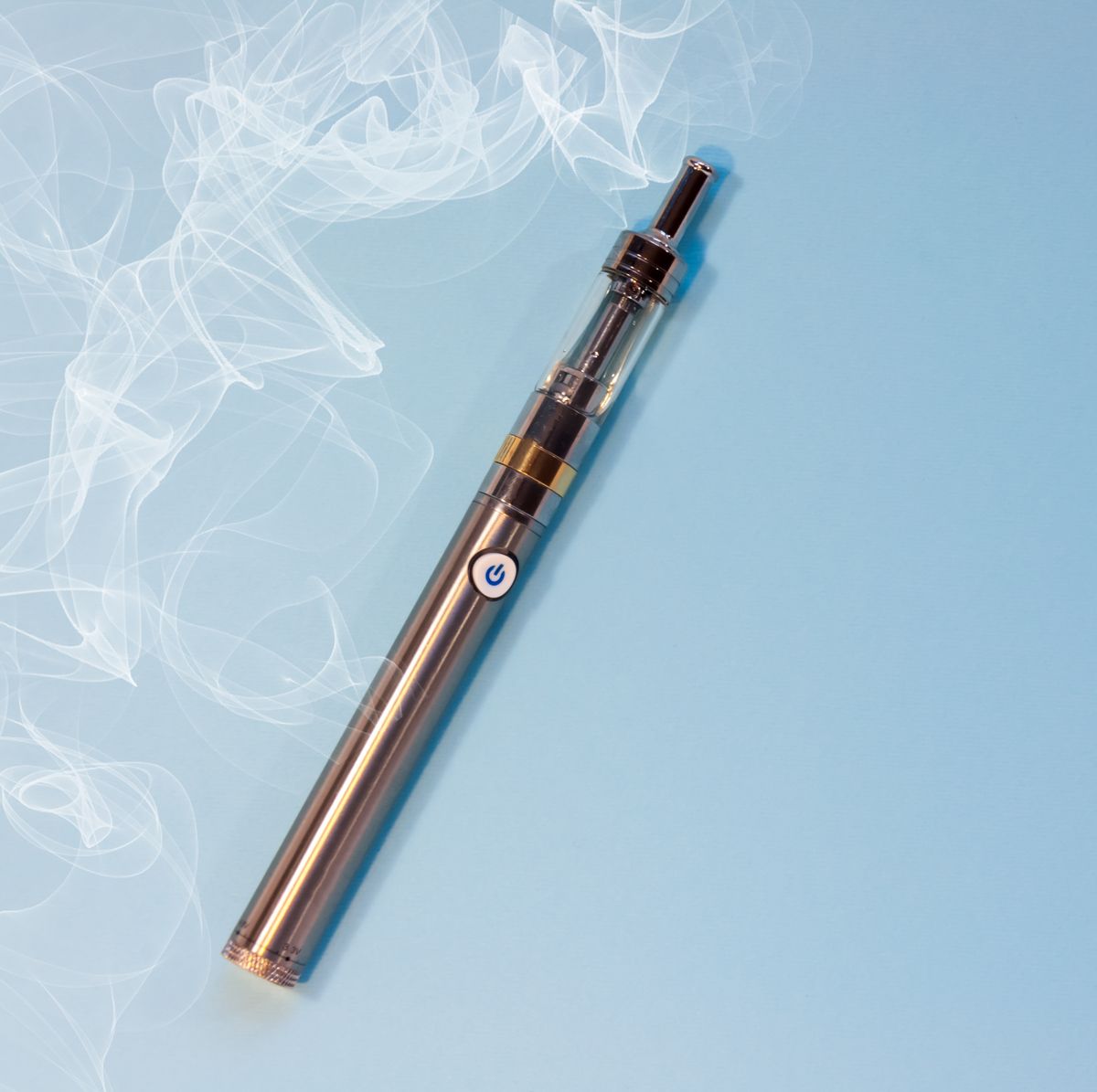In the realm of fitness and athleticism, every advantage counts. From diet and training to recovery and lifestyle choices, Smoking and Athletic Performance are constantly seeking ways to optimize their performance and achieve their goals. However, one factor that often flies under the radar is the impact of smoking on athletic performance. In this comprehensive review, we’ll delve into the complex relationship between smoking and athletic performance, exploring the effects, risks, and considerations for athletes who smoke.
Introduction: Understanding the Impact of Smoking on Athletic Performance
Smoking is a widespread habit that affects millions of individuals worldwide, including athletes. While the detrimental health effects of smoking are well-documented, its impact on athletic performance is less understood. From cardiovascular function and endurance to recovery and overall fitness levels, smoking can have far-reaching implications for athletes of all levels. By unraveling the relationship between smoking and athletic performance, we can gain valuable insights into how this habit affects physical prowess and overall well-being.
Cardiovascular Effects: Impaired Oxygen Delivery and Endurance
One of the most significant ways in which smoking impacts athletic performance is through its effects on the cardiovascular system. The inhalation of smoke from cigarettes introduces harmful chemicals into the bloodstream, leading to narrowing of blood vessels and reduced oxygen delivery to tissues. This can result in decreased endurance, diminished aerobic capacity, and increased fatigue during physical activity, ultimately hindering athletic performance and limiting overall athletic potential.
Respiratory Function: Compromised Lung Capacity and Stamina
Smoking also takes a toll on respiratory function, affecting lung capacity and function. The inhalation of smoke irritates the airways, leading to inflammation, congestion, and impaired lung function over time. For athletes who rely on efficient breathing and oxygen exchange to perform at their best, compromised respiratory function can be particularly detrimental. Reduced lung capacity and stamina can significantly impact athletic performance, making it harder to maintain intensity and endurance during workouts or competitions.
Recovery and Healing: Slowed Tissue Repair and Muscle Regeneration
In addition to its effects on cardiovascular and respiratory function, smoking can also impair the body’s ability to recover and heal from exercise-related stress and injuries. The toxins in cigarette smoke interfere with the body’s natural healing processes, slowing tissue repair, and muscle regeneration. This can prolong recovery times, increase the risk of overuse injuries, and hinder overall athletic progress. For athletes looking to optimize performance and maximize gains, smoking can be a significant barrier to achieving their goals.
Cognitive Function: Impaired Focus and Concentration
Beyond its physical effects, smoking can also impact cognitive function, including focus, concentration, and mental clarity. Nicotine, the addictive substance found in tobacco, can have stimulating effects on the brain, leading to temporary improvements in alertness and cognitive performance. However, these effects are short-lived and often followed by periods of cognitive decline and impaired focus. For athletes who rely on mental acuity and sharpness to perform at their best, smoking can be a hindrance to achieving peak performance.
Conclusion: Navigating the Intersection of Smoking and Athletic Performance
In conclusion, the relationship between smoking and athletic performance is complex and multifaceted. From its effects on cardiovascular and respiratory function to its impact on recovery, healing, and cognitive function, smoking can have far-reaching implications for athletes of all levels. While the short-term effects of smoking may provide temporary relief or stimulation, the long-term consequences can be detrimental to overall health and athletic potential.
As athletes strive to optimize their performance and achieve their goals, it’s essential to consider the role that smoking plays in their athletic endeavors. By understanding the risks and consequences associated with smoking, athletes can make informed decisions about their lifestyle choices and take proactive steps to prioritize their health and well-being. Whether it’s seeking support to quit smoking, adopting healthier habits, or seeking alternative coping mechanisms, athletes have the power to make positive changes that can enhance their athletic performance and overall quality of life.
As we continue to explore the intersection of smoking and athletic performance, let’s work together to empower athletes to make healthier choices and unlock their full potential on and off the field.


